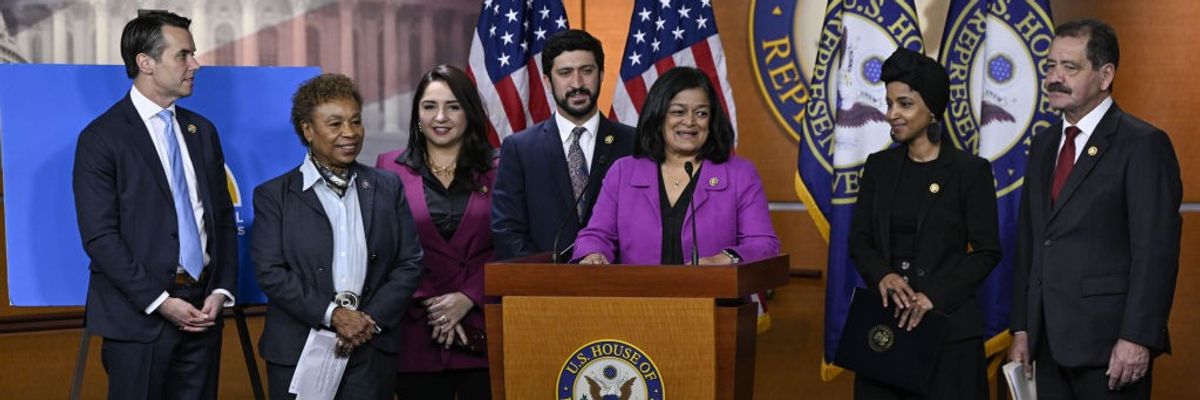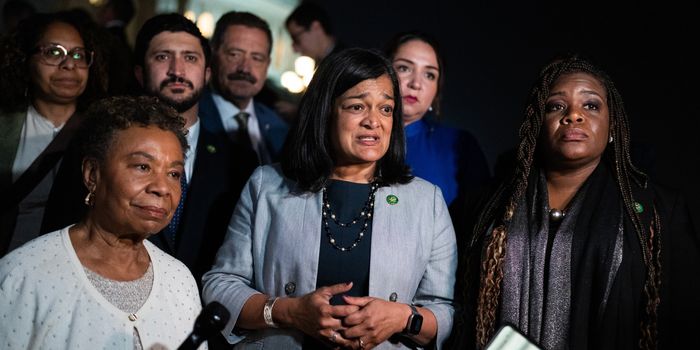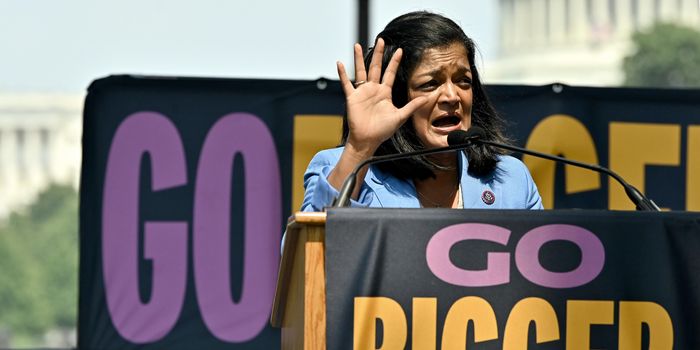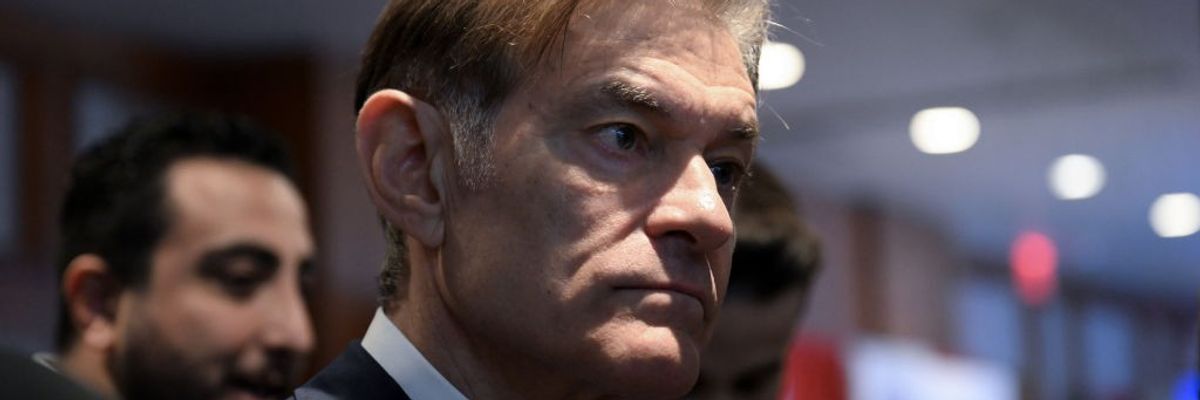Tommy Walker
12/20/2024
DW
Myanmar's bloody civil war has intensified over the past year, with ethnic-minority rebels seizing vast swathes of territory from the military junta.
Millions of Myanmar citizens have been internally displaced by the bloody conflict and the country's economy lies in tatters
Image: Kokang online media via AP/picture alliance
Thailand this week hosted two separate regional meetings in an attempt to tackle the political and security crisis in Myanmar.
The first gathering involved Myanmar's ruling military junta and its neighbors, including China, Bangladesh, Laos and India, while the second included the 10-member Association of Southeast Asian Nations (ASEAN).
All neighboring countries agreed that direct engagement and dialogue with Myanmar is "critical" and "necessary," Thailand's Foreign Ministry spokesperson Nikorndej Balankura said at a press conference in Bangkok.
"They see the value of meeting regularly," Balankura added. "And they share the same understanding, more so than other countries, because they are direct neighbors directly impacted by the situation in Myanmar."
Thailand this week hosted two separate regional meetings in an attempt to tackle the political and security crisis in Myanmar.
The first gathering involved Myanmar's ruling military junta and its neighbors, including China, Bangladesh, Laos and India, while the second included the 10-member Association of Southeast Asian Nations (ASEAN).
All neighboring countries agreed that direct engagement and dialogue with Myanmar is "critical" and "necessary," Thailand's Foreign Ministry spokesperson Nikorndej Balankura said at a press conference in Bangkok.
"They see the value of meeting regularly," Balankura added. "And they share the same understanding, more so than other countries, because they are direct neighbors directly impacted by the situation in Myanmar."
Talks doomed to fail?
Myanmar's foreign minister on Thursday briefed participants on the outline of the junta's political roadmap and plans toward holding an election.
Critics have dismissed the election plans as a sham.
David Scott Mathieson, an independent analyst working on conflict and human rights issues on Myanmar, said the talks are unlikely to produce any results.
"Unless the Myanmar military is serious about peace, these talks will be extremely limited. You can't approach any diplomacy on Myanmar without a clear understanding that the military is the root cause of all the problems," he told DW.
Mathieson stressed that the junta's claims to hold elections shouldn't be taken seriously.
"No one should be taking these claims seriously. This is a trap of diplomacy. If any interlocutor takes election preparations seriously, they have doomed the country to prolonged conflict," he underlined.
What did ASEAN tell Myanmar junta?
Thailand said it had conveyed to Myanmar's junta that ASEAN members would want the elections to be free and fair.
"If there is an election, ASEAN would want an inclusive process that included all stakeholders," Thai Foreign Minister Maris Sangiampongsa said in a group interview in Bangkok, after meetings with his ASEAN counterparts and senior diplomats.
The bloc is still awaiting details of the polls from the Myanmar side, Thai officials said.
"The neighboring countries said we support Myanmar in finding solutions but the election must be inclusive for various stakeholders in the country," Maris said, stressing that Myanmar's neighbors would advise, but not interfere.
What's the current situation in Myanmar?
Myanmar has been in a state of political turmoil since the military toppled the democratically elected government in February 2021.
The coup sparked mass protests, which evolved into a major anti-junta uprising, particularly in regions dominated by ethnic minorities.
Those opposing the military regime have formed alliances comprising ethnic groups and civilian-led defense forces.
The civil war is estimated to have claimed the lives of over 5,000 civilians since 2021.
Millions have been internally displaced and the country's economy lies in tatters.
The conflict in the country has intensified over the past year, with ethnic-minority rebels seizing vast swathes of territory from the junta, particularly near the border with China.
Can Thailand exert influence on Myanmar junta?
Thailand and Myanmar have a close but complicated history. Both share cultural and religious ties, as well as a 2,400-kilometer (1,490-mile) land border.
Since the February 2021 coup, many Myanmar citizens have fled to Thailand in search of a better life.
Thailand is currently home to an estimated 2 million Myanmar migrants.
Pravit Rojanaphruk, a veteran journalist and political observer, said that Thailand is the country in the region most affected by the civil war and instability in Myanmar.
"Bangkok will need to be more engaged and assertive, not just with regard to humanitarian crisis but also to help push Myanmar back on track towards peace and democracy," he underlined.
Edited by: Srinivas Mazumdaru

Tommy Walker Reporter focusing on Southeast Asian politics, conflicts, economy and society.@tommywalkerco




















